
Acts 2:46-3:3 Bible Teaching
The teaching highlights God's wisdom, active goodness, early church unity, spiritual over institutional growth, salvation through faith, and compassion in Christianity.

The teaching highlights God's wisdom, active goodness, early church unity, spiritual over institutional growth, salvation through faith, and compassion in Christianity.

Shawn's teaching contrasts God's singularity with plural pronouns in Genesis, suggesting God addresses angels, not a Trinity, aligning with Jewish views. Angels, with free will and intellect, were involved in creation, not as creators but as divine consultants.

Shawn's teaching on 1 Peter 4:9-11 highlights hospitality, selfless service, and using gifts as stewards of God's grace, emphasizing genuine communication and love.

Shawn explores early Christians' communal living in Jerusalem, sharing possessions for unity and support, contrasting with Paul's communities, highlighting spiritual growth and challenges.
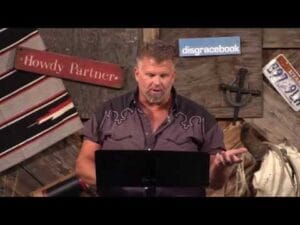
Peter urges believers to adopt Christ's mindset, endure suffering, cease sin, live by God's will, and maintain fervent love, as God judges all. Be alert, prayerful, and ready.

Shawn highlights voluntary belief in Jesus, contrasts forced faith, emphasizes spiritual over physical rituals, and advocates unity and love among believers.

Shawn's teaching highlights baptism in Jesus' name, spiritual discipleship, and Holy Spirit's role over rituals. Emphasizes universal call to salvation and personal responsibility.

Peter and Shawn emphasize living like Christ, focusing on submission, godliness, and spiritual over fleshly desires. Suffering for righteousness leads to spiritual growth and glorification.

Shawn highlights the transformative power of words in conveying truth, as seen in Acts 2. Peter's Spirit-led words led to conversion, emphasizing repentance and baptism.
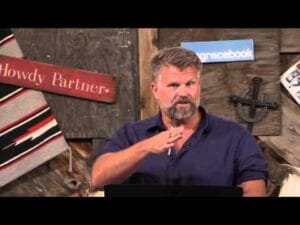
Shawn's teaching on 1 Peter 3 highlights baptism as symbolic salvation, not causative, emphasizing faith and grace. Jesus' authority over all is affirmed, completing God's work.

David's life shows trust in God amid challenges, foreshadowing Christ's mission. Peter links David's words to Jesus' resurrection, affirming Jesus as Messiah.

Peter and Paul stress a good conscience and righteous living. Jesus' sacrifice and resurrection symbolize spiritual rebirth. Shawn interprets 1 Peter 3:19-20, rejecting purgatory.
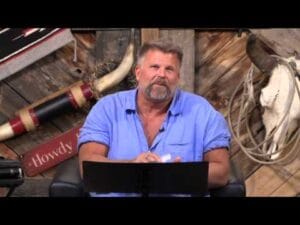
Peter connects Jesus' crucifixion and resurrection to Old Testament prophecies, using David's life as a parallel to Jesus' journey. Shawn teaches on Jesus' anointings, David's trials, and the importance of faith and repentance, sharing a personal testimony of financial struggle and renewed faith.
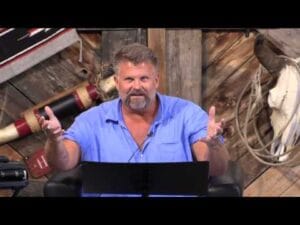
God hears the righteous, opposes evil. Pray with faith, humility. Embrace spiritual growth, endure trials. Share hope with gentleness, respect. Trust God's guidance.

Peter explains Jesus' crucifixion was God's plan, using men's evil actions for good. Jesus' resurrection frees believers from death's power, offering eternal life.

Peter's teaching: unity, empathy, compassion. Shawn's: love as duty, transcending emotions, enduring love. Emphasizes peace, righteousness, rejecting evil, perseverance.

Peter explains Pentecost as fulfillment of Joel's prophecy, emphasizing universal Holy Spirit outpouring, divine communication, and salvation through genuine faith in Jesus.
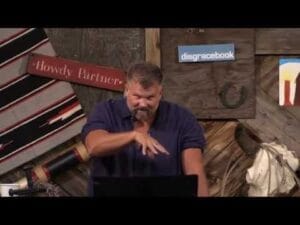
Shawn's teaching emphasizes humility, submission, and mutual respect in relationships, drawing from 1 Peter and Genesis. He highlights the importance of inner beauty, mutual submission, and love in marriage, reflecting Christ's example.

Peter and Shawn teach honoring all, loving unconditionally, submitting to authority, enduring suffering with patience, and emulating Christ's example of righteousness and forgiveness.

Peter explains Pentecost's events as Joel's prophecy fulfillment, urging discernment through scripture. Shawn highlights Holy Spirit's role, contrasting spiritual ecstasy with drunkenness.